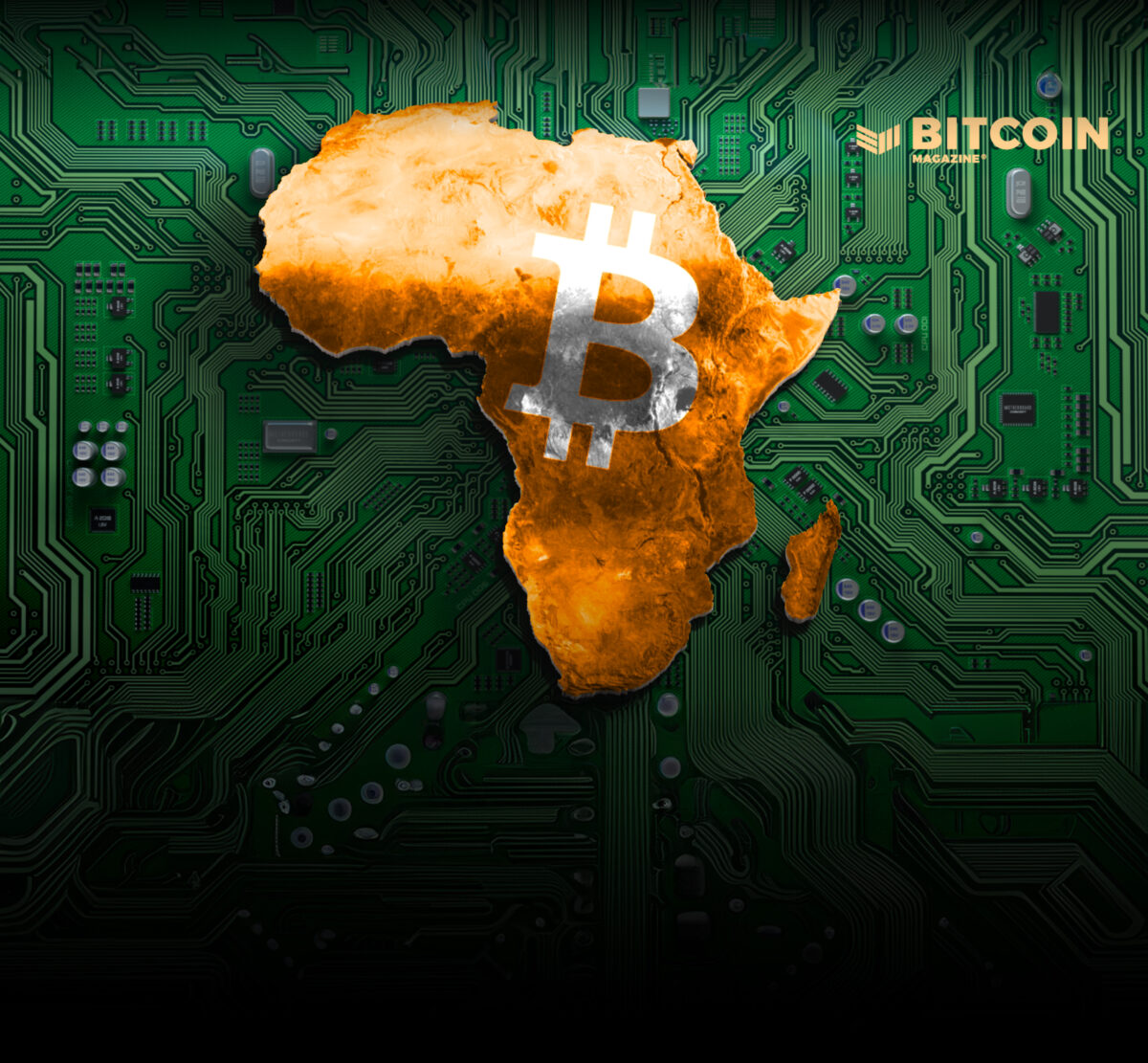BD Help Zone
Your go-to source for insightful news and information.
Instant Gratification: How Instant Crypto Transactions Are Redefining Digital Payments
Discover how instant crypto transactions are transforming digital payments and why you need to be part of this revolution!
The Rise of Instant Crypto Transactions: A Game Changer for Digital Payments
The world of digital payments is undergoing a significant transformation with the rise of instant crypto transactions. Unlike traditional banking systems that can take days to process transactions, cryptocurrencies enable transfers to occur almost instantaneously, revolutionizing how we conduct financial exchanges. This speed not only enhances user experience but also makes cryptocurrencies a viable option for everyday transactions, from purchasing coffee to paying for digital services. As blockchain technology continues to evolve, financial institutions and online platforms are beginning to adopt these instantaneous solutions, paving the way for a future where instant crypto transactions could become the norm.
Furthermore, the impact of instant crypto transactions extends beyond mere speed; it brings increased security and lower transaction costs. Traditional payment methods often involve multiple intermediaries, each adding fees and potential points of failure. In contrast, cryptocurrencies streamline the process, offering not only lower fees but also enhanced privacy, as transactions are conducted directly between parties without the need for third-party involvement. As more businesses and consumers become aware of these advantages, the adoption of cryptocurrencies for everyday transactions is likely to accelerate, marking a pivotal shift in the landscape of digital payments.

Counter-Strike is a popular multiplayer first-person shooter game where teams of terrorists and counter-terrorists compete against each other. Players can join various game modes, improving their skills and strategies, while also enjoying the thrill of teamwork. For players looking to enhance their gaming experience, be sure to check out this bc.game promo code for some exciting rewards.
Exploring the Benefits of Instant Gratification in Crypto Transactions
In the world of cryptocurrencies, the concept of instant gratification is revolutionizing the way individuals conduct transactions. Unlike traditional banking systems, which often involve lengthy processing times, crypto transactions allow users to send and receive funds almost immediately. This immediacy can significantly enhance user experience, making it easier for individuals to engage in real-time trading or make instant purchases. For example, Bitcoin and other cryptocurrencies can facilitate peer-to-peer transactions without the need for intermediaries, thus reducing waiting times and often lowering fees.
Moreover, the rise of decentralized finance (DeFi) platforms further amplifies the benefits of instant gratification in crypto transactions. These platforms enable users to access a wide range of financial services without delay. From lending and borrowing to earning yields through liquidity pools, the opportunities for quick engagement are vast. As a result, more users are drawn to the crypto space, attracted by the prospect of making swift decisions and capitalizing on market opportunities. In this way, the immediacy of crypto transactions not only enhances user satisfaction but also promotes greater financial inclusion.
How Instant Cryptocurrency Transfers are Shaping the Future of Payments
The advent of instant cryptocurrency transfers marks a significant shift in the landscape of digital payments. Unlike traditional banking systems that often impose delays due to processing times and intermediaries, cryptocurrencies enable seamless transactions completed within seconds. This innovation not only enhances the user experience but also fosters greater financial inclusivity for those previously unbanked. As more businesses and consumers embrace these rapid payment systems, we can expect a gradual transition towards a more decentralized economy where swift, borderless transactions become the norm.
Moreover, the integration of instant cryptocurrency transfers into existing financial frameworks is shaping the future of commerce. Companies that adopt these payment methods benefit from reduced transaction fees and enhanced security protocols, as blockchain technology inherently minimizes fraud. With the rise of digital wallets and payment platforms, consumers are presented with a greater variety of options for making purchases. As adoption grows, we may witness an era characterized by the democratization of money, where swift, secure transactions pave the way for global trade and financial innovation.